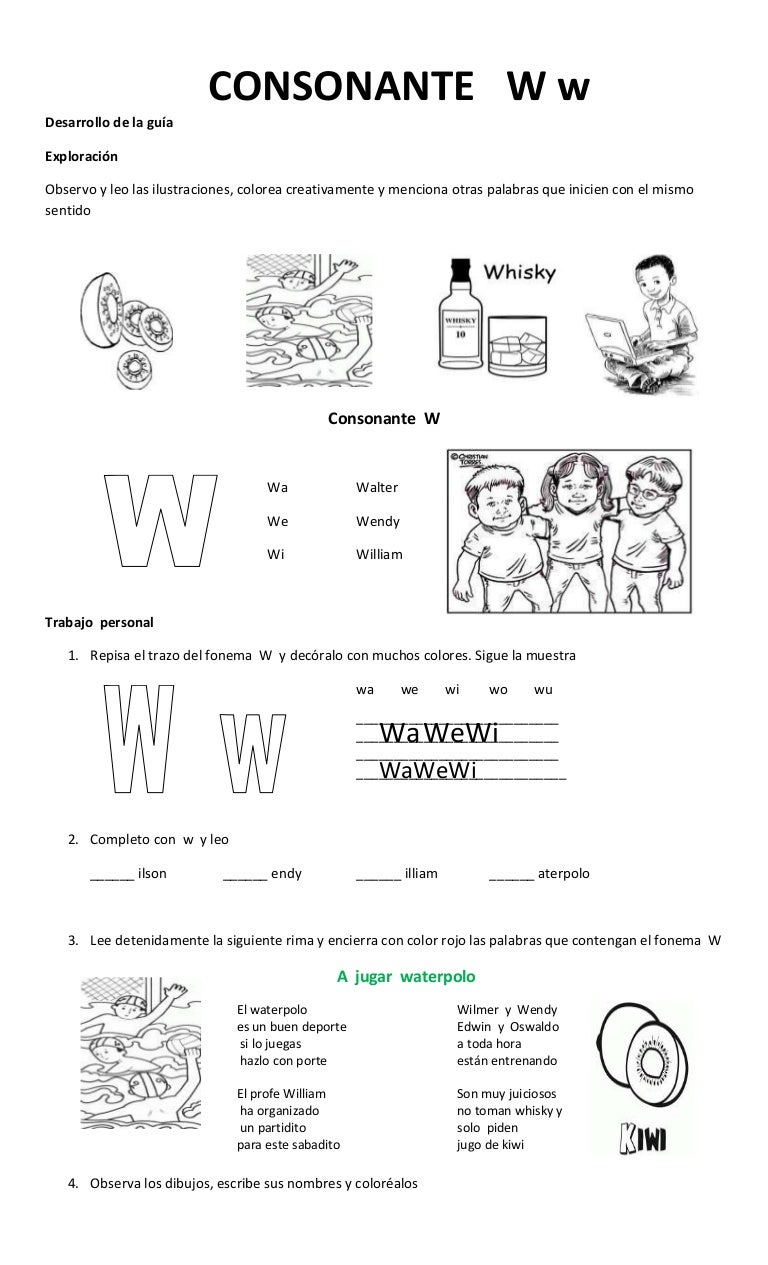

With the latter, you can protect your messages against prying eyes as well as getting hold of options to help you use the app more comfortably: This WhatsApp extension for Chrome grants us with new functions to increase our privacy and comfort when it comes to using the app. Nevertheless, both this version and the desktop client lack quite a few options and WA Web Plus is here to solve that problem. Some of them develop certain forms of “counterschool” culture as they experience educational failure, while others take up cultural traits valued by their rural families and turn them into a form of cultural capital, which consequently plays a pivotal role in the educational and social mobility of rural students.Many users were thankful for the arrival of WhatsApp Web due to the fact that we could use the instant messaging app in our browser without needing to resort to our phone or to third-party apps each time we needed to send a message. While many scholars and policy makers view the rural school as a critical site for passing on the cultural inheritance of “rural China,” rural students themselves nevertheless creatively make meaning of their daily experiences and produce rich cultural forms. Meanwhile, rural education in China is also abundant in culturally meaningful processes. Most members of both groups tend to undergo a social reproduction process in the school systems and eventually become workers in the manufacturing and service industries in urban centers. Those who pay the price of the entrenched rural/urban dichotomy in China are the increasing number of “left-behind” children in the rural villages as well as the “floating” students in the urban schools whose numbers have also increased in the past decades.

Issues in China’s rural education are not only reflections of rural–urban differences but also reproduce these social differentiations. For this purpose raising the “quality” of teachers across rural schools is highlighted as the key element in many policies and studies, and the focus has shifted from addressing a teacher shortage to the recruitment and retention of quality teachers, especially in those remote regions. Most debates surround how to improve the “quality” of rural education and to “rebalance” the level of educational development between rural and urban regions.

Rural education has received considerable attention from researchers and policy makers in their attempts to understand the deep-rooted rural/urban dichotomy in China.


 0 kommentar(er)
0 kommentar(er)
